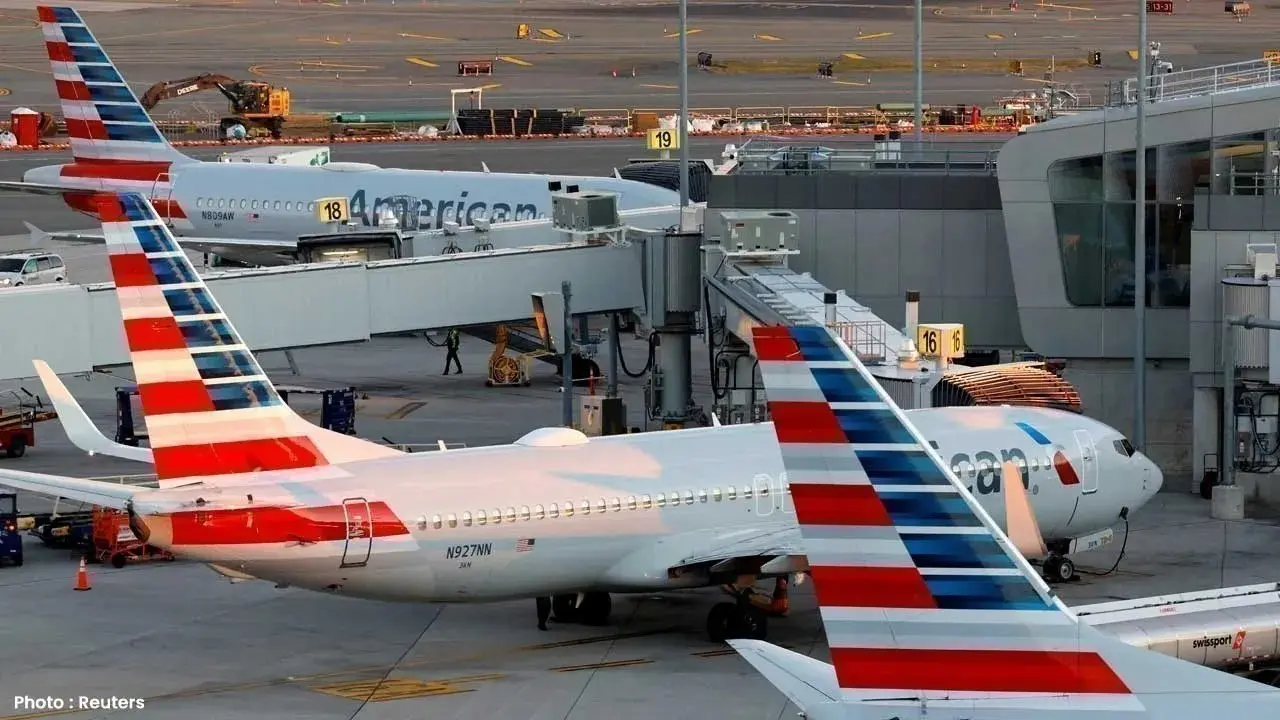Funding Standoff Forces Flight Cuts, Straining U.S. Supply Chain

Aviation experts say that many big airports have had to cut back on flights because they don't have enough staff and their overtime budgets are limited. This is because government agencies are changing how they do things while they wait for more money. This has made things much harder for a supply system that is still recovering from years of being overloaded.
The Federal Aviation Administration (FAA) is putting important operations first and delaying hiring and training new air traffic controllers. This means fewer cargo flights, longer turnaround times, and more scheduling gaps at airports on the East Coast and in the Midwest. Airlines say that the cuts are already slowing down the flow of cargo for food wholesalers, manufacturers, and medical suppliers, even though they aren't widespread.
Industry groups say the delay is because Washington's budget is always in doubt. Congress has had to use a series of short-term spending packages to keep agency funding going. Federal agencies have to cut back on some aviation activities for a short time because they can't allow overtime, finish contracts, or reopen training pipelines that have been delayed without long-term funding.
“Every hour lost in air operations creates ripple effects across trucking, warehousing, and retail,” said Mark Delaney, a senior logistics analyst at the Transportation Insight Group. “The system has no slack left — any disruption is amplified.”
Air cargo companies have already started sending supplies through less busy regional airports as a time-consuming and costly workaround. Companies in fields that depend heavily on air freight, like electronics, medicines, and auto parts, say that delays are now happening at every stage of the supply chain.

Long-Term Budget Fight Still Looms
Major retailers and manufacturing groups say that the flight cuts are causing new bottlenecks as holiday shipments rise. The National Retail Federation says that some businesses are starting to stockpile goods in their warehouses in case of expected delays. This costs more money to store and ship.
The American Trucking Associations says that long-haul delivery delays are happening because freight is arriving late from airports. This means that trucking companies have to change their routes and pay more overtime. Smaller trucking companies say they are having trouble covering the extra costs because their profit margins are already very low.
Supply-chain experts warn that if the interruptions keep happening all winter, the combination of fewer flights, port traffic, and train delays could lead to higher prices for consumers.
White House officials have asked Congress to pass a long-term financing bill in order to keep staffing levels up, get training schedules back on track, and avoid more problems with the supply chain.

Skenes and Skubal Win Cy Young Awards as Future Uncertainty Grows
NOVEMBER 12, 2025

Politics

U.S. Retailers Expect Record Holiday Sales as NRF Forecasts First-Ever $1 Trillion Season
The National Retail Federation says that holiday sales will reach a record $1 trillion this year because eager shoppers are taking advantage of early discounts and strong consumer demand.
BUSINESS BY NOVEMBER 7, 2025

Google Unveils Major Investment in Germany: Data Centers & Renewable Energy
Google LLC is about to announce its biggest investment in Germany to date. It will focus on data centers, infrastructure, and renewable energy projects.
BUSINESS BY NOVEMBER 6, 2025

UBS Pauses Credit Suisse Wealth Transfers Amid Integration Challenges
Financial insiders who know what's going on say that UBS has put off moving some very wealthy Credit Suisse customers to its platform because of problems with technology and management.
BUSINESS BY NOVEMBER 6, 2025







